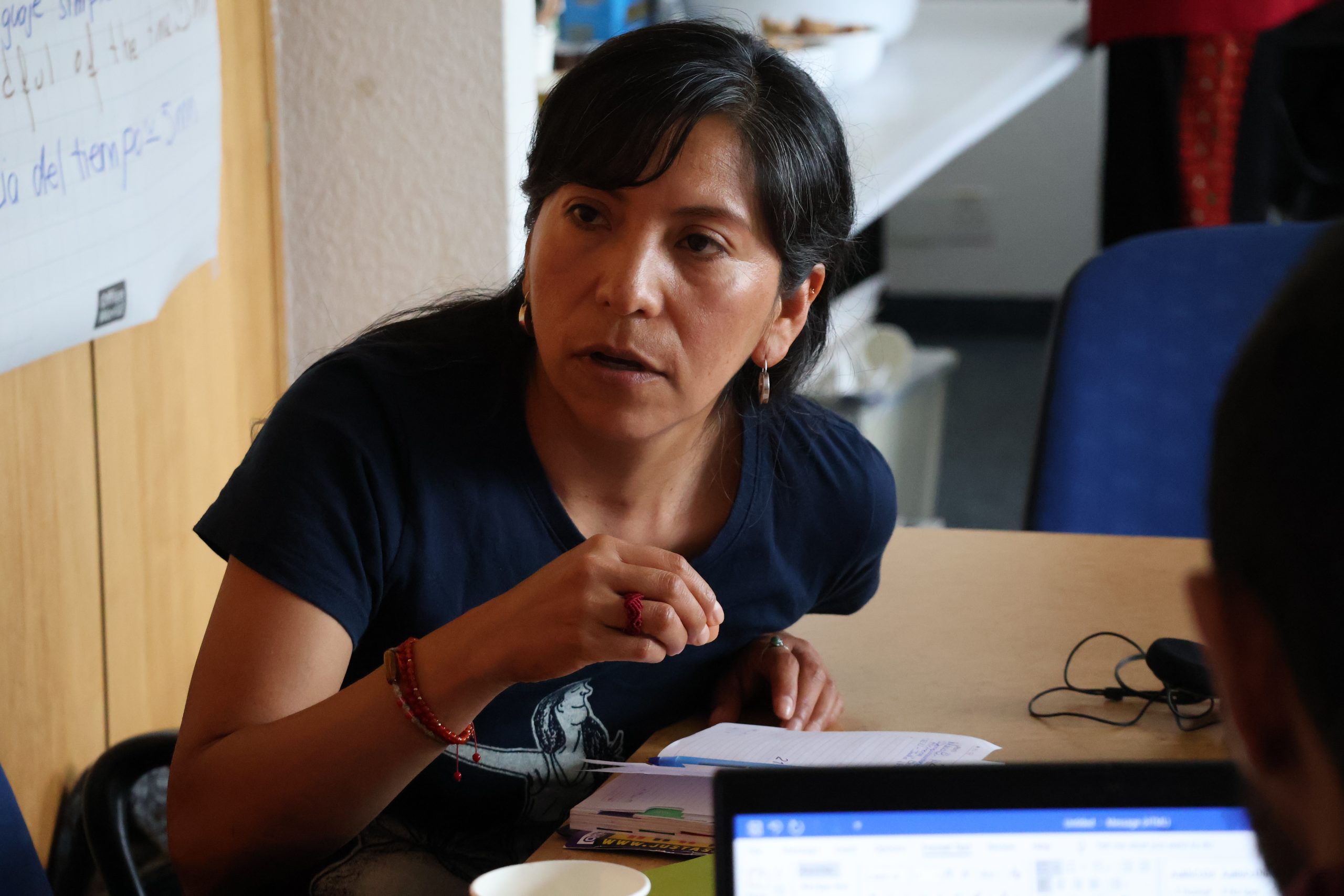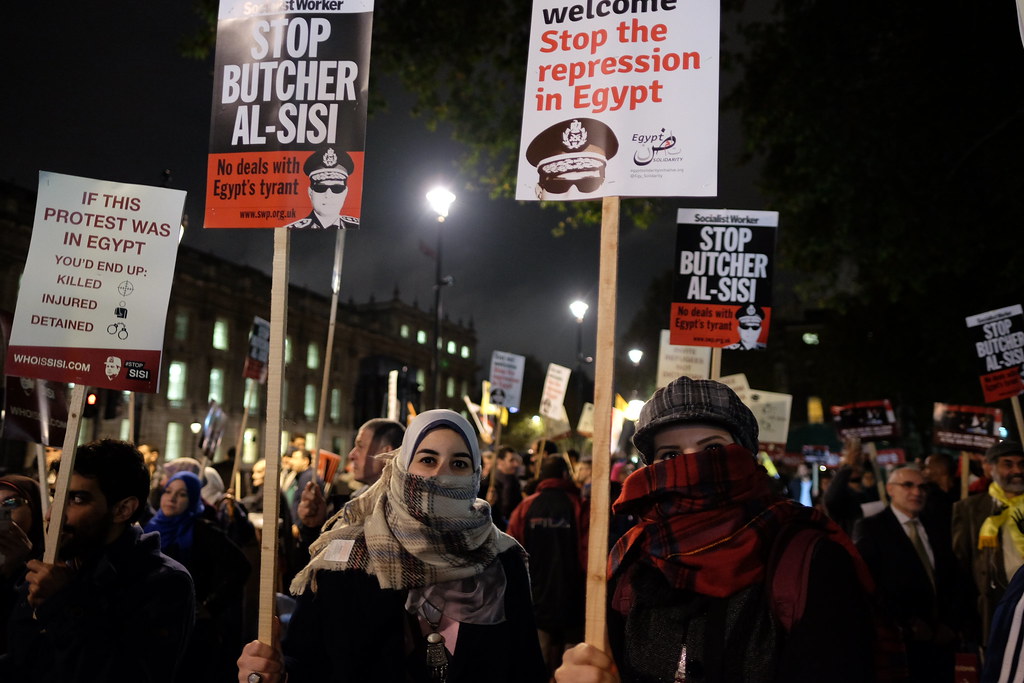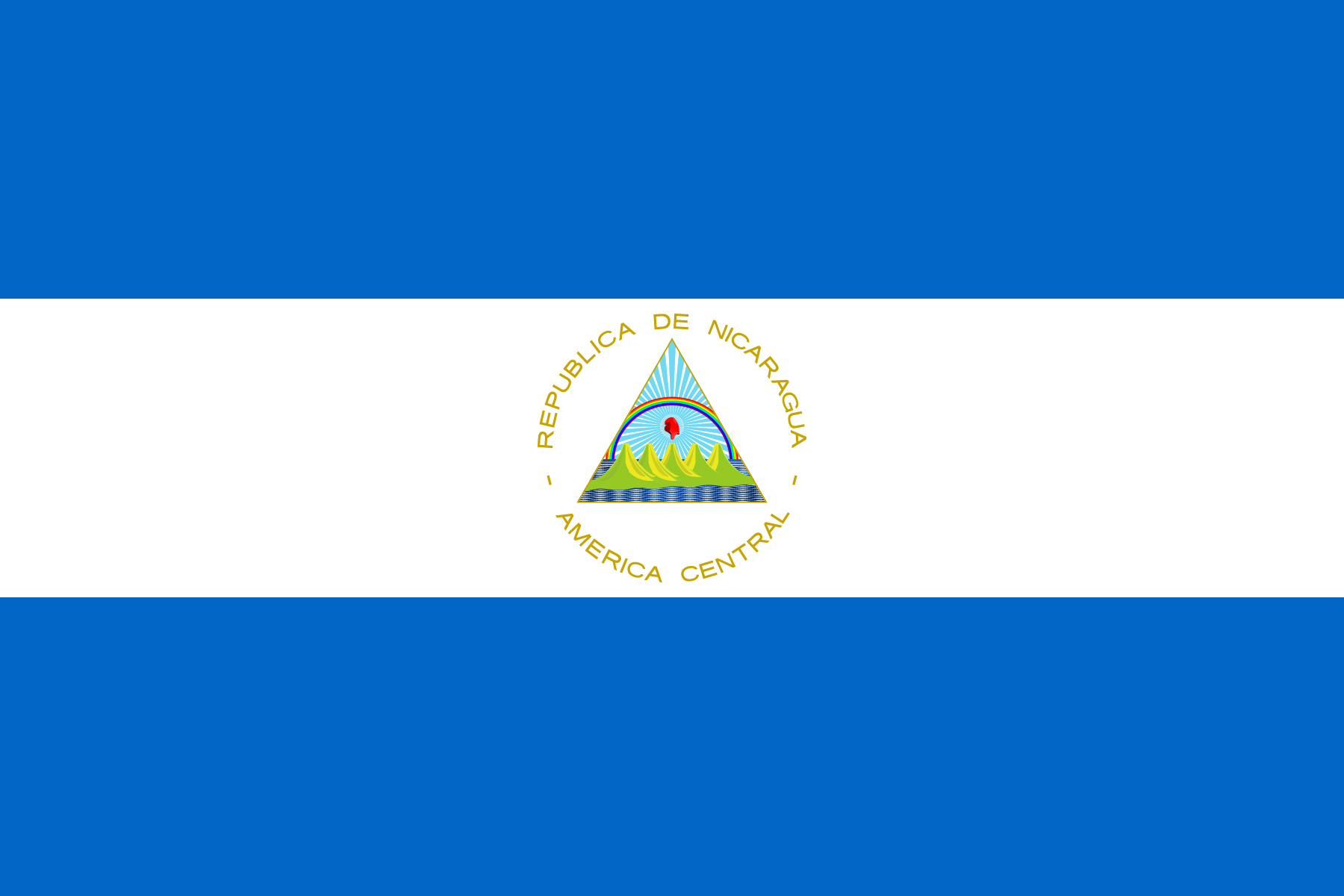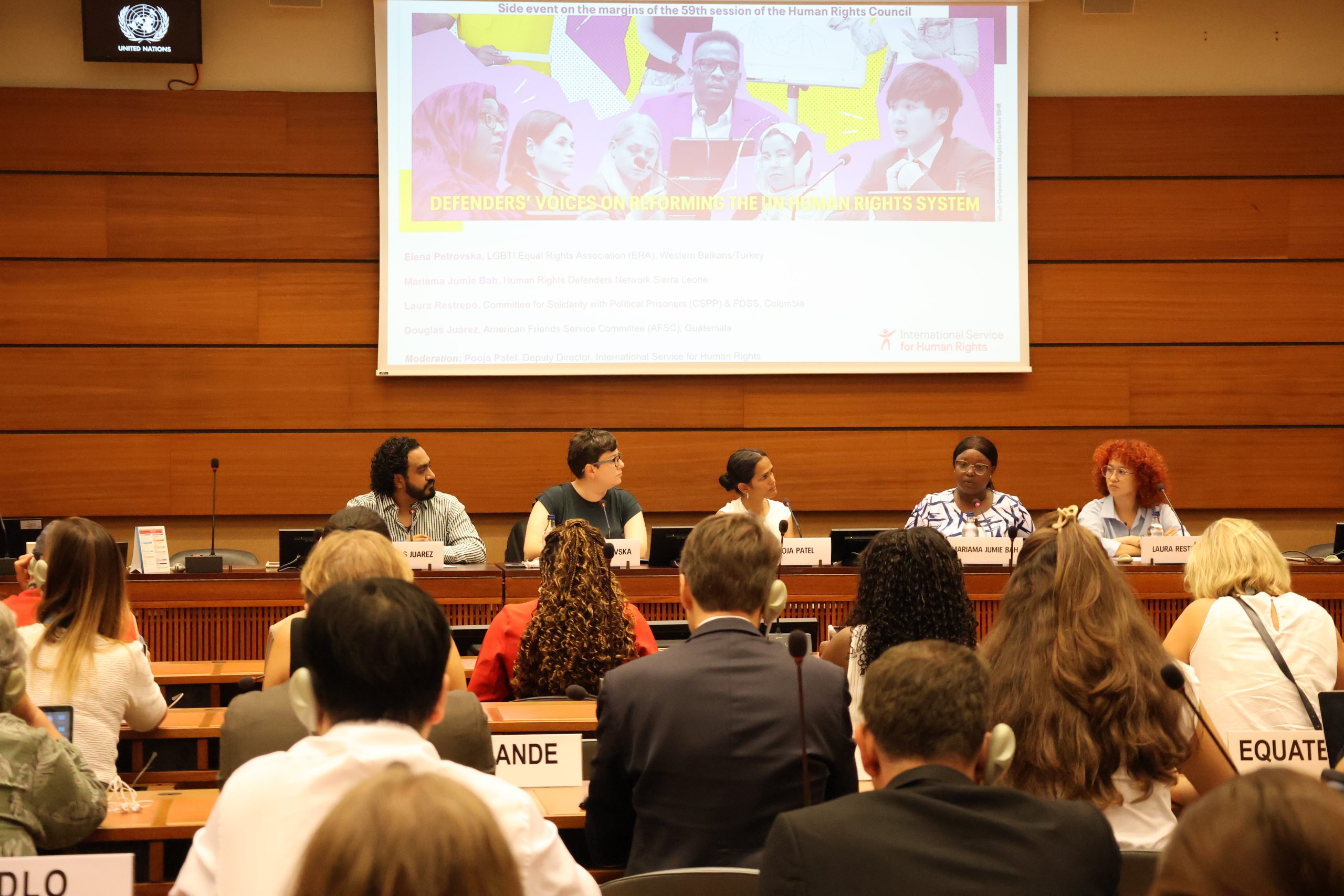Egyptian authorities should ease their grip on civic space and uphold the rights to freedom of expression, association, and peaceful assembly to enable a successful climate summit, known as the COP27, in Egypt, 36 organisations said today.
COP27 brings together State parties to the UN Framework Convention on Climate Change as well as thousands of experts, journalists, and representatives from businesses and non-governmental groups. COP27, to be held in November 2022, is an important opportunity for the international community to meet and discuss ambitious, rights-based climate action.
In an interview with The Associated Press on 24 May, Egypt’s Foreign Minister Sameh Shoukry said that his government is planning to designate “a facility adjacent to the conference center” in Sharm El-Sheikh, in the Sinai peninsula, where the meeting will be held, where activists can hold protests and voice their opinions. He also said that the government will provide participants “access, as is traditionally done on one day of the negotiations, to the negotiating h[all] itself.”
The organisations are concerned about the implications of Shoukry’s comments on the right to peaceful activism at the COP27. Given existing restrictions on protest and assembly in Egypt that amount to their effective criminalisation, the Foreign Minister’s comments imply that the Egyptian authorities will not tolerate protest outside this “government-designated” space.
Under international human rights law and standards, demonstrations should be facilitated as a general rule within “sight and sound” of their target audience. The Egyptian authorities should unconditionally allow peaceful protests and gatherings around the time of COP27, including in Cairo, the Egyptian capital, and other cities.
Egyptian authorities should also end the relentless assault on human rights defenders, civil society organisations, and the independent media. Their tactics include unfounded criminal investigations, arbitrary detention, summons for coercive questioning, threats to close independent organisations, travel bans, and other restrictive measures that risk undermining the ongoing civil society participation needed for a positive outcome of COP27.
Robust and rights-respecting climate action requires the full and meaningful participation of all stakeholders including States, activists, civil society and representatives of Indigenous peoples and groups most vulnerable to the harm of climate change. Activists play an important role in the global climate debate by providing relevant information to policymakers and the media. And nongovernmental groups can only carry out their important work where they can effectively exercise their right to freedom of assembly.
International and Egyptian civil society groups fear that the restrictions imposed by the Egyptian authorities would hinder the full and meaningful participation of activists, human rights defenders, civil society, and Indigenous peoples representatives at COP27. Concerns are heightened by the Egyptian authorities’ abysmal record of cracking down on civil society organisations and punishing human rights activism and independent journalism.
Civil society organisations and the UN human rights mechanisms have long documented the Egyptian authorities’ crackdown on freedom of peaceful assembly. In 2013, the authorities passed Law No. 107/2013 on Organizing the Right to Public Meetings, Processions and Peaceful Protests, which grants security forces free rein to ban protests and to use unnecessary and excessive force against peaceful protesters.
The authorities have used this law, in addition to the draconian colonial-era Law No.10/1914 on assemblies, to prosecute thousands of peaceful protesters in grossly unfair mass trials. Additionally, security forces have consistently used unlawful force, sometimes lethal, and mass arrests to disperse protests. No security or military official has been brought to justice for the deaths of hundreds of people during the dispersal of sit-ins in Rabaa al-Adawiya and al-Nahda squares in Greater Cairo on 14 August 2013.
The crackdown sent a chilling message across Egypt, instilling fear and deterring people from exercising their right to peaceful assembly. The rare protests that have taken place in recent years have been met again with unlawful use of force and mass arrests, including the September 2019 and September 2020 anti-government protests. Security forced rounded up thousands of protesters, activists, human rights defenders, lawyers, and bystanders, including children, some of whom were subject to enforced disappearance.
The Egyptian authorities have equally shown little tolerance even toward protests not directed at or critical of the authorities. In November 2020, Egyptian authorities arbitrarily arrested and detained 70 Sudanese migrants and refugees engaged in a peaceful protest following the killing of a Sudanese child by an Egyptian man. Police beat protesters, using racial and xenophobic slurs, witnesses said. In December 2021 and January 2022, Egyptian security forces detained at least 30 Sudanese activists who organised protests at the Cairo headquarters of the United Nations High Commissioner for Refugees (UNHCR) and subjected them to forced labour and beatings.
The Egyptian authorities should immediately and unconditionally release anyone arbitrarily detained solely for the peaceful exercise of their human rights or for their religion, gender identity, or sexual orientation. The authorities should also amend legislation so that it is in line with Egypt’s obligations under international law, including by repealing or substantially amending laws that unduly restrict and criminalise the exercise of human rights, including Law No.107/2013 on protests, Law No.10/1914 on assemblies, and the 2019 NGO law.
The authorities should pledge to uphold the right to freedom of peaceful assembly at all times, including during international events, and refrain from unduly limiting protests to a specific designated area. UN member states, particularly those attending COP27, should urge the Egyptian authorities to end limitations on freedom of assembly, association, and expression and take other meaningful steps to address concerns by civil society and ensure their safe and meaningful participation that can contribute to a successful COP27.
Signatories:
- Alliance for Rural Democracy
- Amnesty International
- Arab Resource & Organizing Center (AROC)
- Association for Freedom of Thought and Expression (AFTE)
- Cairo Institute for Human Rights (CIHRS)
- CIVICUS
- Committee for Justice (CFJ)
- Democracy for the Arab World Now (DAWN)
- Egyptian Commission for Rights and Freedoms (ECRF)
- Egyptian Front for Human Rights (EFHR)
- Egyptian Human Rights Forum (EHRF)
- Egypt Wide for Human Rights
- Egyptian Initiative for Personal Rights (EIPR)
- El Nadeem against violence and torture
- EuroMed Rights
- Freedom House
- Friends of the Earth Scotland
- Global Witness
- Grassroots Global Justice Alliance
- Green Advocates International
- Human Rights Watch (HRW)
- HuMENA for Human Rights and Civic Engagement
- International Federation for Human Rights (FIDH), within the framework of the Observatory for the Protection of Human Rights Defenders
- International Service for Human Rights (ISHR)
- Mano River Union Civil Society Natural Resources Rights and Governance Platform
- MENA Rights Group
- Natural Resources Women Platform
- People in Need
- PEN International’s
- Project on Middle East Democracy (POMED)
- Scotland’s International Development Alliance
- Sinai Foundation for Human Rights
- The Freedom Initiative
- The Indigenous Environmental Network (IEN)
- WoGEM Uganda
- World Organisation Against Torture (OMCT), within the framework of the Observatory for the Protection of Human Rights Defenders




